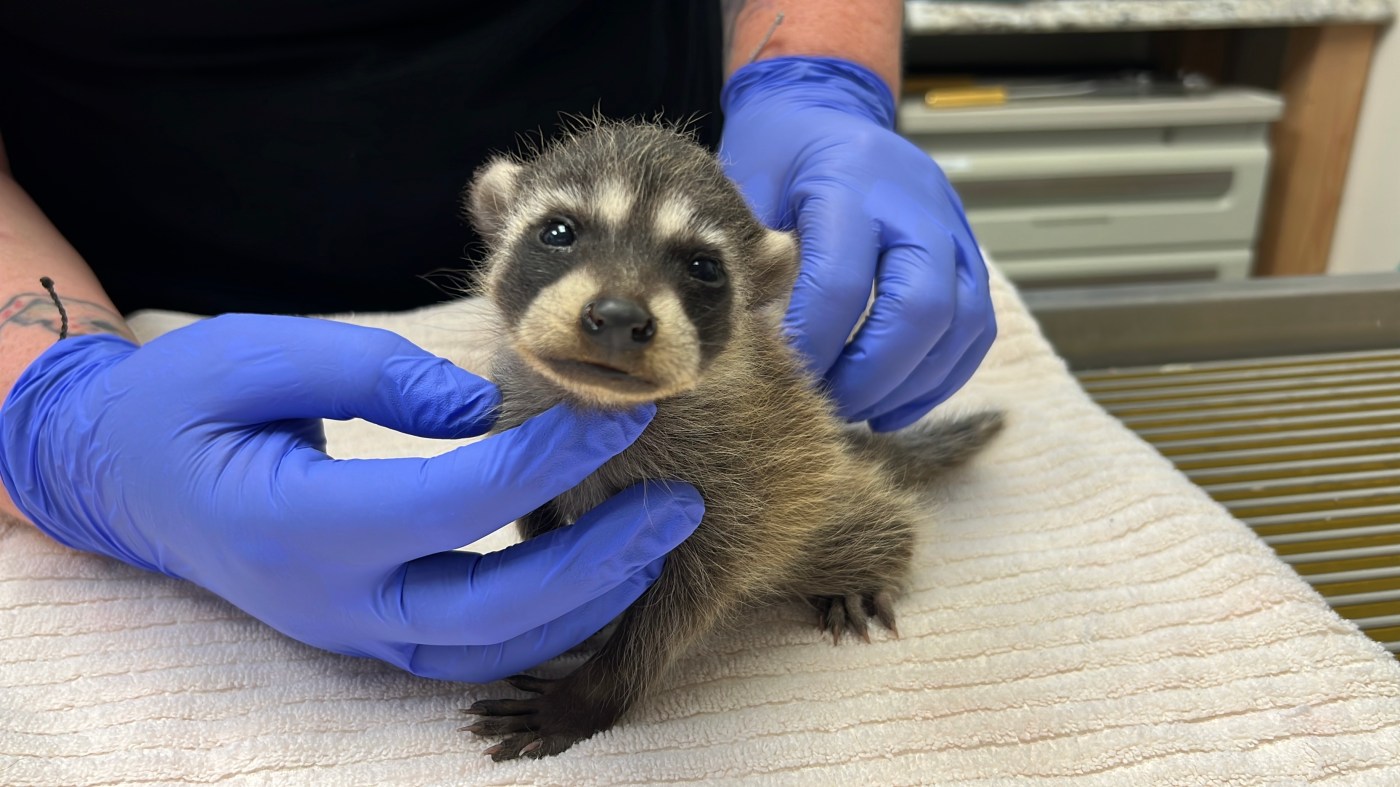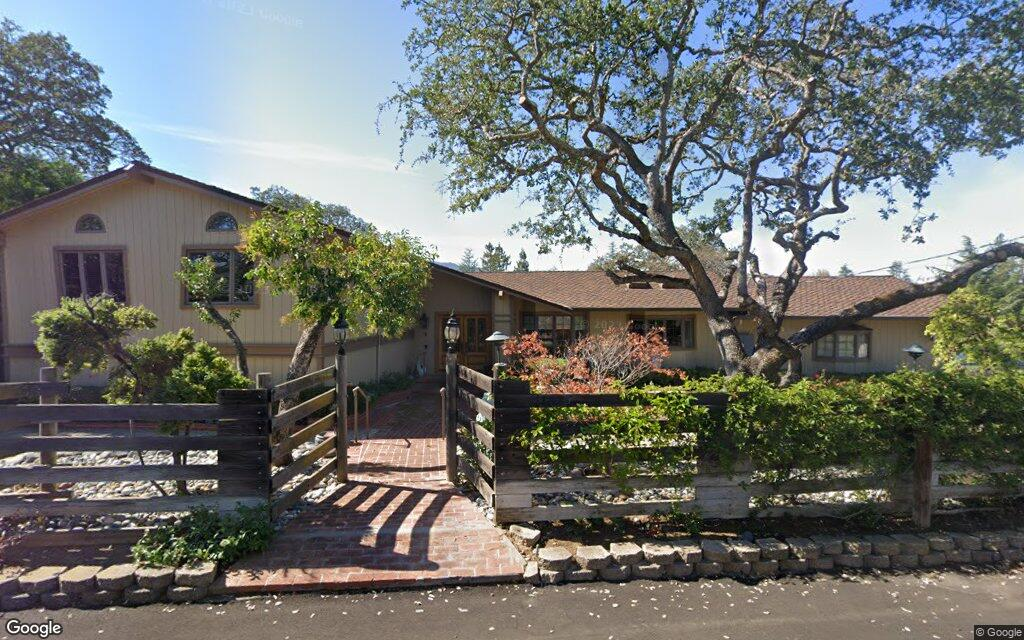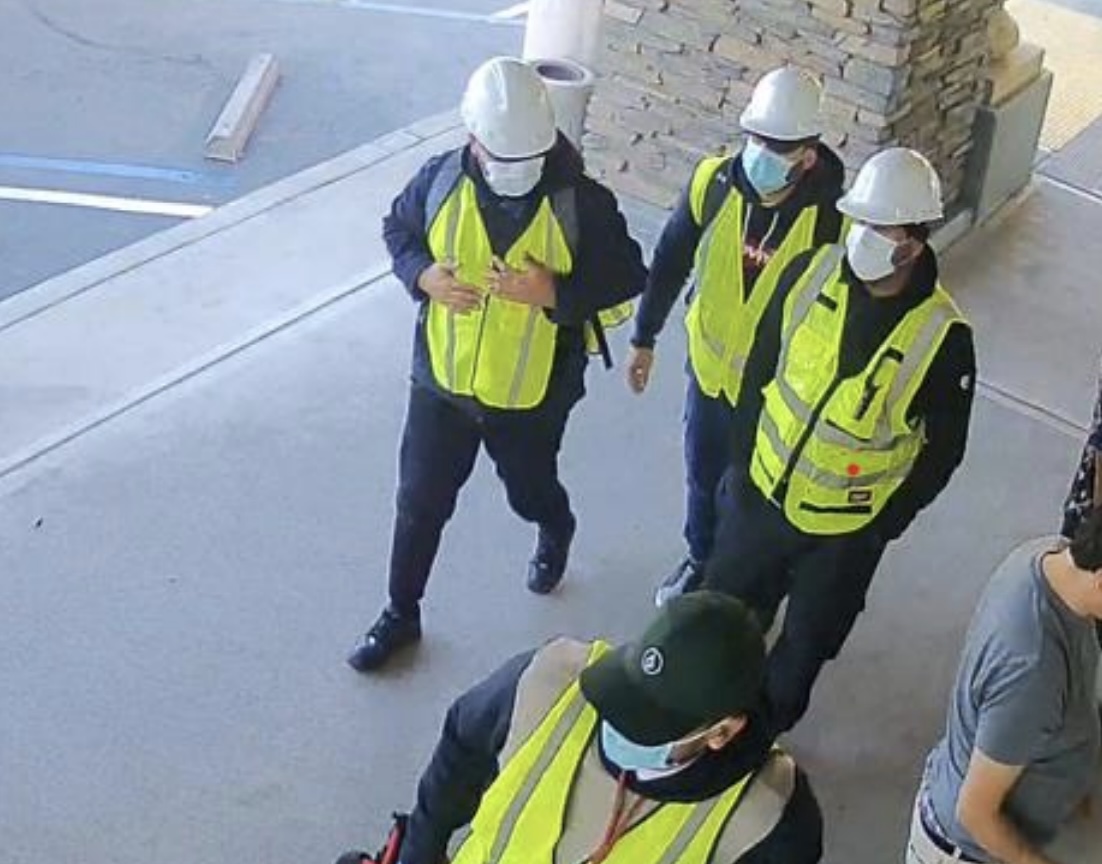Spring and summer are always the busiest seasons in WildCare’s wildlife hospital. The warmer months represent “baby season” for wildlife, when the majority of wild animals in Marin give birth to, or hatch, their young.
When something happens to separate babies from their parents, WildCare is here to admit orphaned wildlife and raise them to be healthy and ready to return to the wild.
RELATED: Marine Mammal Center logs worrisome wildlife disturbances
Although every “baby season” brings orphaned squirrels, opossums and raccoons to WildCare’s doors, this year has brought a larger-than-usual number of baby northern raccoons and baby striped skunks to the wildlife hospital.
As I’m writing this, WildCare has 30 baby raccoons and 22 baby skunks currently in care with trained foster care providers. Compare those numbers with 19 baby raccoons admitted from May 1 through June 13, 2024, and only two baby skunks admitted during the same period last year, and you can imagine what a busy place WildCare is right now!
Related Articles
Lake Tahoe mystery: Why aren’t the lake’s famous waters getting more clear?
Why did 8-year-old Australian shepherd change nighttime behavior?
Marine Mammal Center logs worrisome wildlife disturbances
Young humpback tangled in crab gear near Humboldt Bay spurs crab season closure
All Yosemite campgrounds open this summer for the first time in 6 years
Why has 2025 seen such a dramatic increase in the number of orphaned baby raccoons and baby skunks admitted to the wildlife hospital? Two likely causes are an increase in food availability due to the recent wet winters (more rain leads to more plants and seeds, which lead to healthy rodent populations), and a cessation of the distemper epidemic that has decimated the populations of these animals in the Bay Area in recent years. That’s why it’s important to vaccinate your canine companions to keep them safe and to protect wildlife in your region.
People always ask if baby skunks are capable of spraying, and the answer is yes, but it depends somewhat on age and is also commensurate with size. The smallest baby skunks, so young their eyes are still tightly closed, can’t yet spray, but they already have a musky scent reminiscent of dark chocolate, especially after they have been bottle-fed the specially formulated skunk formula they are fed in the wildlife hospital.
A baby skunk at WildCare’s wildlife hospital. (Courtesy of WildCare)
Both baby skunks and baby raccoons must be fed every three hours, which keeps WildCare’s trained foster care specialists busy, as does providing the proper stimulation and enrichment these growing animals need to develop the skills they will need to survive in the wild. Ensuring that these intelligent and curious animals also grow up truly wild, with no connection to humans, is another very important challenge WildCare faces when rearing orphaned raccoons and skunks in care.
If you have a raccoon family or skunk family denning on your property, WildCare and Marin Humane encourage patience and tolerance. In only a few short weeks, the babies will be old enough to follow their mother on her forays out of the den. Raccoons and skunks make excellent neighbors, moving through your yard and neighborhood to dine voraciously on rats, mice, voles and other rodents, along with insects, grubs, carrion and many other less-desirable things in our gardens.
Always call WildCare for advice at 415-456-7283 before attempting to evict a raccoon or skunk family, and never hire an exterminator. The animal family will leave on its own when the babies are old enough, and that is the proper time to exclude future wildlife visitors by sealing the den entrance and otherwise wildlife-proofing the area. For more information about living well with wildlife, visit discoverwildcare.org.
Alison Hermance is the communications and marketing director for WildCare. Marin Humane contributes Tails of Marin and welcomes questions and comments. Visit marinhumane.org, find us on social media @marinhumane or email [email protected].





